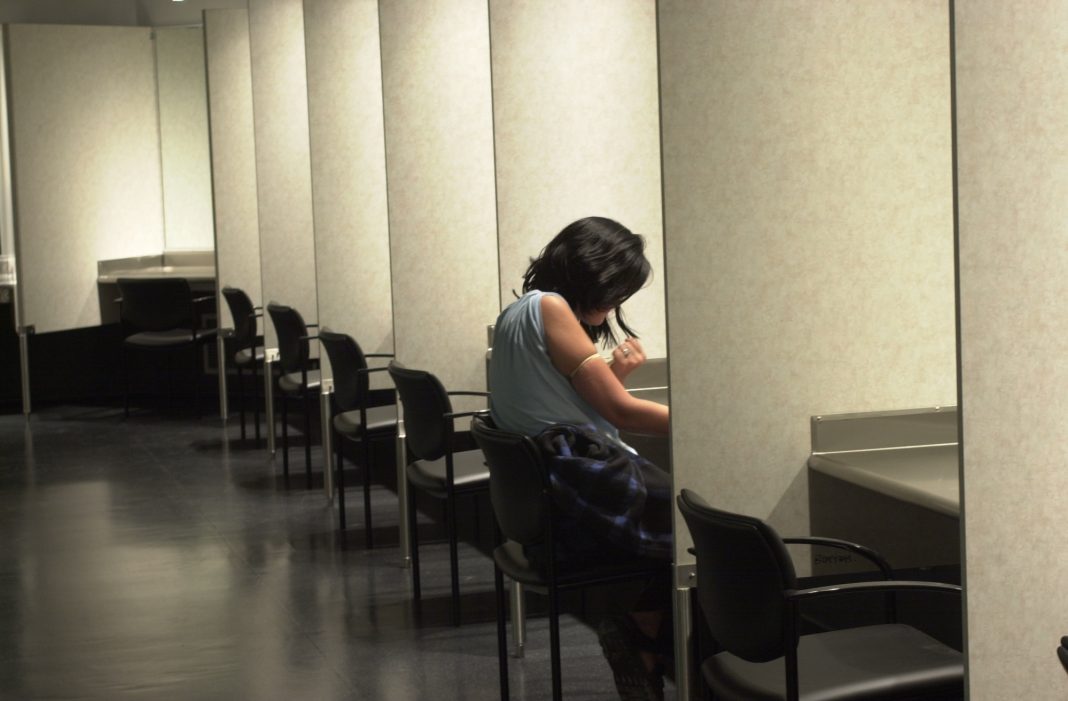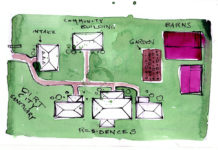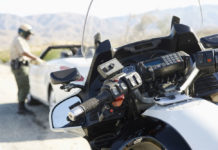been studied and shown to prevent… deaths from overdose, reduce the spread of infections, reduce drug use and discarding of drug equipment in public spaces, and even to be cost-effective,” Finegood said in a statement.
Objections to Implementation
Not everyone is enthusiastic about the proposed CHEL facility, though. Critics claim the facility will only serve to enable substance abuse, implicitly condoning illicit drugs by providing an environment in which to use them.
Other residents fear the effect the facility will have on local neighborhoods. Finegood said this as an inaccurate assumption, stating that these types of facilities have “not been shown to cause an increase in crime or increase in drug use where they are located,” due to the fact that they are “located where drug use in public is already a program.”
Challenges to Implementation
Currently, a facility like CHEL is outlawed by federal regulation. But this legal obstacle may be circumvented, as certain programs which are technically impermissible under federal law nevertheless continue to operate. Needle exchanges, illegal under federal law, are maintained in 38 states.
Some King County officials believe the federal government might be willing to consider an alternative legal solution. The Obama Administration has recognized opioid abuse as a national crisis, indicating alternative strategies for coping with the crisis might receive special approval from the government.
















